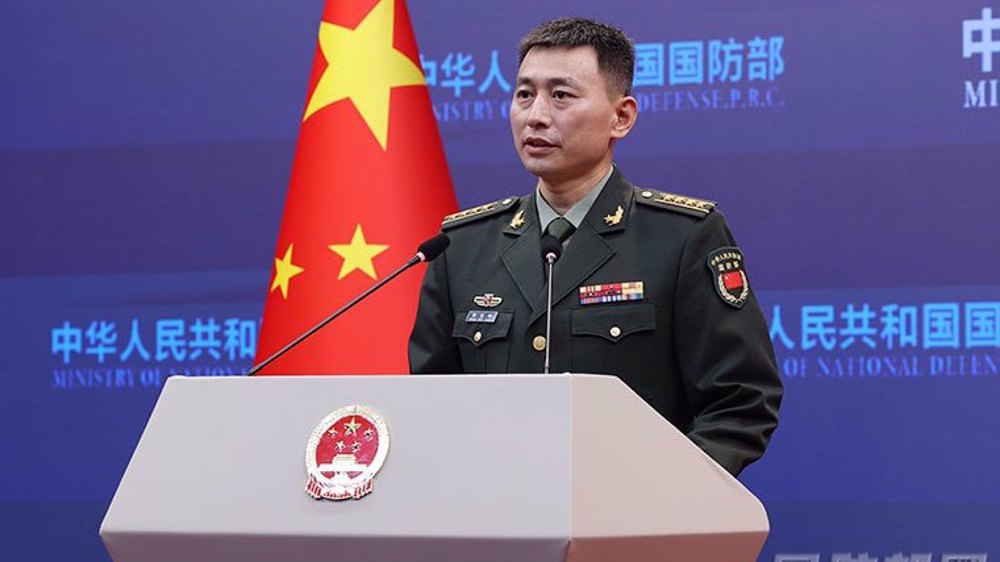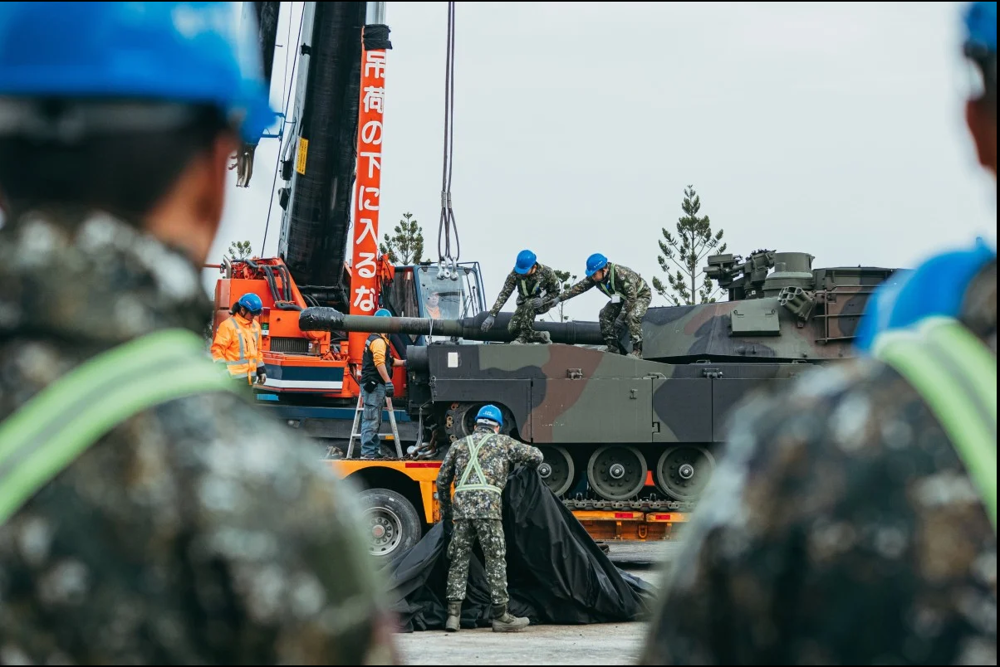Russia warns US, South Korea; China calls in envoys
China has summoned US and South Korean envoys in a show of protest against their agreement on the deployment of a missile system on the Korean Peninsula, while Russia warns the two sides of “irreparable consequences.”
On Friday, Chinese Foreign Ministry spokesman Hong Lei said at a news briefing in Beijing that American and South Korean ambassadors were summoned to hear a protest against such a controversial deployment.
This came after Washington and Seoul reached a formal agreement to deploy the Terminal High Altitude Area Defense (THAAD) on the Korean Peninsula in a bid to counter alleged threats by Pyongyang.
The US says the deployment of the missile system acts as a deterrent against North Korea’s ballistic missile program, but China says it would threaten security, stability, and peace on the Korean Peninsula.
Beijing said earlier on Friday that the deployment of the anti-missile system will harm regional peace and do nothing to help denuclearize the volatile peninsula.
“China strongly urges the US and South Korea to stop the THAAD anti-missile system deployment process,” its ministry said in a statement, adding the system would not aid the “denuclearization of the Korean Peninsula.”
‘US disrupting regional balance’

Meanwhile, the Russian Foreign Ministry has also warned that the deployment could have “irreparable consequences.” It said the missile system tends to undermine stability in the region.
“The United States, supported by its partners, are continuing to build up the potential of the Asia-Pacific segment of the global anti-missile defense system, which undermines the established strategic balance in the (region) and beyond,” the ministry said in a statement,
The statement also notes that these actions "most negatively affect global strategic stability."
South Korean Defense Ministry has announced that the anti-missile system will be operational by the end of next year.
Moscow and Beijing view the planned move as an attempt to put their military facilities within the range of US radars.
THAAD has been designed to intercept ballistic missiles inside or just outside the atmosphere during their final phase of flight.
Tensions have been running high on the Korean Peninsula since Pyongyang carried out its fourth nuclear test in January.
In February, the North put an earth observation satellite into orbit. Following the launch, Seoul and Washington began talks on the THAAD deployment to the Korean Peninsula.
Pyongyang has been under UN sanctions over its nuclear tests and launching missiles considered by the US and South Korea as ballistic and aimed at delivering nuclear warheads.
The country describes its nuclear capabilities as a deterrent against hostile US policies. Thousands of US soldiers are stationed in South Korea and Japan.
The latest developments come days after the US imposed unilateral sanctions on North Korean leader Kim Jong-un for the first time over rights violation accusations.
On Thursday, North Korea warned that the new US sanctions targeting the country’s leader “crossed a red line” and amounted to “an open declaration of a war.”
VIDEO | Yemenis praise the military for its successful operations against Israel
VIDEO | Israel continues to bomb Gaza homes
VIDEO | An insider's view of the country: Meybod City in Yazd
‘All wars have rules. All of those rules have been broken’ by Israel
VIDEO | Report flags India’s violation of rights of Rohingya detainees
Turkey's foreign minister meets Syria's de facto leader in Damascus
VIDEO | US Syria plots
'Next to impossible' to rescue patients from Gaza's Kamal Adwan Hospital: Director















 This makes it easy to access the Press TV website
This makes it easy to access the Press TV website